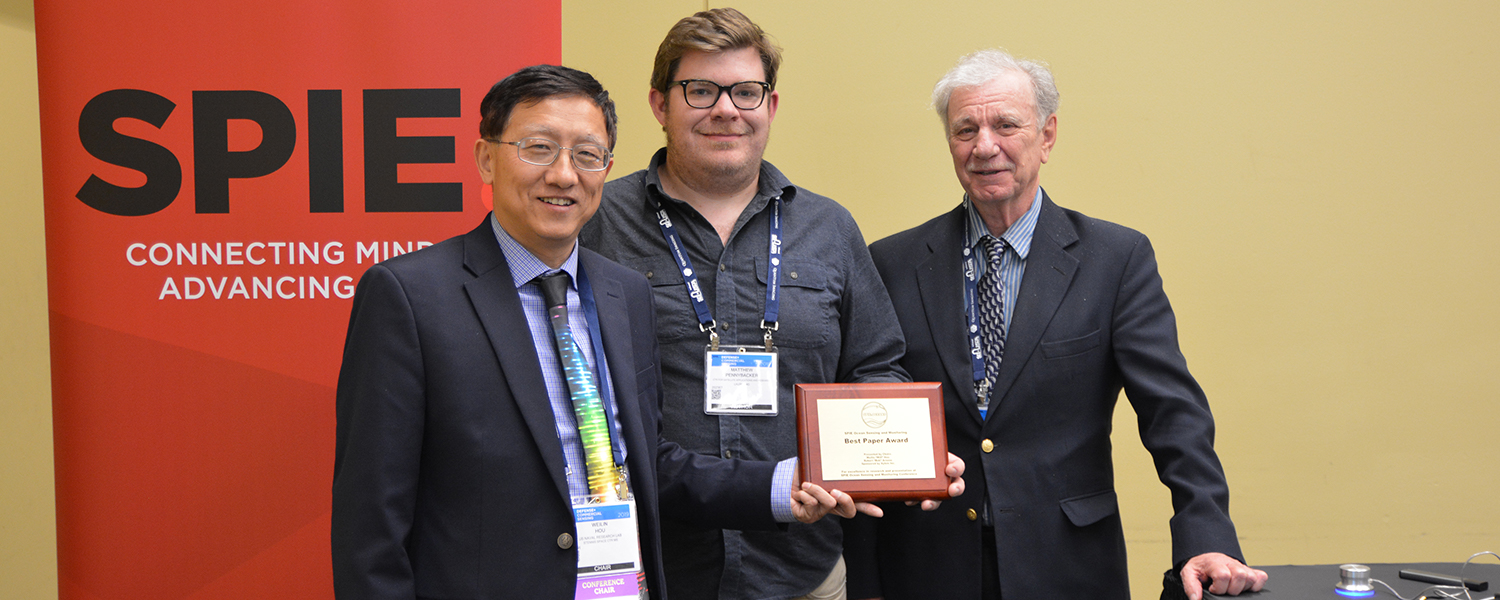
The responsibilities of being conference chair, program committee member, or session chair are crucial to the success of SPIE events, and it is you, our incredible volunteers, who are the true engine of the Society. On behalf of the Board of Directors and the entire staff of SPIE, thank you for volunteering your time and dedication—we truly could not do this without you.
Below you'll find links for event policies and information specific for each of these roles. All volunteer leadership roles with SPIE are tasked with furthering and promoting a culture of inclusion and pushing diversity of ideas. If you have any questions or concerns at any point along the way, please don't hesitate to contact your conference program coordinator.
| Abstracts due | 27 May 2025 |
| Registration opens | July 2025 |
| Authors notified and program posts online | 20 July 2025 |
| Submission system opens for manuscripts and poster PDFs* | 10 August 2025 |
| Poster PDFs due for spie.org preview and publication | 16 September 2025 |
| Manuscripts due | 23 September 2025 |
| Advance upload deadline for oral presentation slides** | 9 October 2025 |
The program committee is integral to building a diverse program and is formed by the conference chair(s). A well-structured program committee will have a range of expertise to span the subject areas, including acquaintance with well-established and recognized leaders in the field from academia, government, and industry. To remain on a conference program committee, one must be consistently engaged. Below is a list of tasks and responsibilities for the role of SPIE conference program committee:
Program committee members who are essentially inactive will be rotated off after two or three successive occasions exhibiting negligible involvement, in the interests of efficiency, and to make space for new active committee members.
A session chair plays a key role in ensuring the smooth-running of an SPIE conference. The session attendees will be more engaged if the session chair proactively leads and has done homework in advance about the speakers and their expertise. Below is a list of tasks and responsibilities for the role of an SPIE session chair:
For more information on how to prepare for and chair a session see the guidelines on chairing a session. If you have questions or need more information, contact your Conference Program Coordinator.